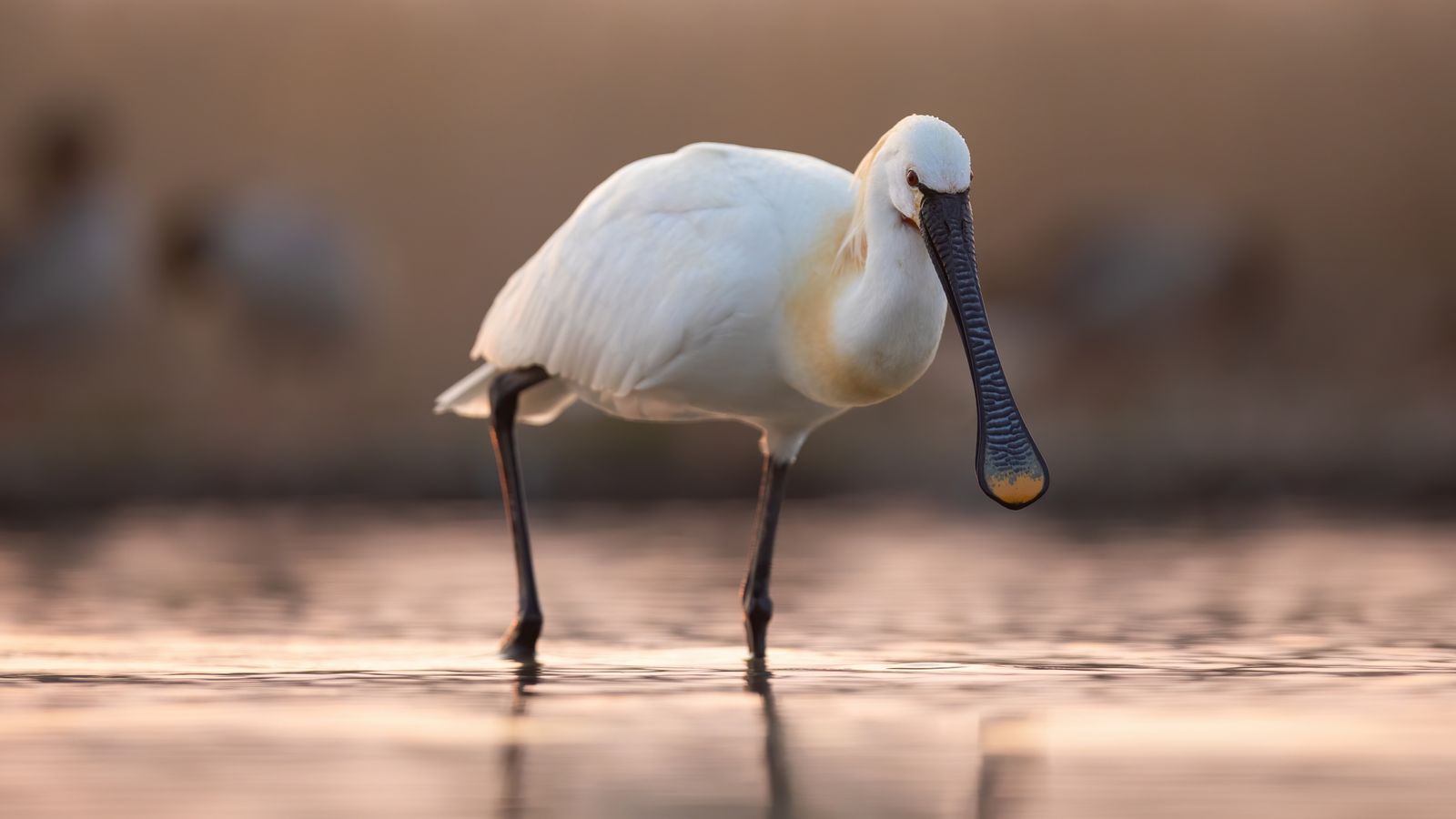New species that have arrived in the UK due to climate change are generally welcomed by wildlife watchers, according to new data.
Many creatures from around the world are fleeing countries that are becoming too warm and moving to areas that were too cold before global warming.
While in the UK, birds like the little bittern, Eurasian spoonbill and insects such as the small red-eyed damselfly are among the new arrivals.
Experts say the birds and insects are being considered as ecological refugees rather than threatening climate opportunists.
A University of Exeter study that asked wildlife watchers how they feel about the arrival of various unaided birds and insects to the UK found they are mostly welcome, although people are less keen about creatures they are not familiar with.
“Respondents were strongly opposed to eradicating or controlling new range-shifters, but they also did not want to see conservationists trying to boost their numbers”, said Dr Regan Early, of the Centre for Ecology and Conservation.
She added: “Public opinion… will play an important role in how we treat species arriving in the UK.”
Climate change: Designers of cow face mask that neutralises emissions from belching win £50k Prince Charles prize
UK has imported £220 million of Russian oil since Ukraine war outbreak, analysis suggests
Opening a new UK coal mine ‘unlikely to displace Russian imports’
Read more:
Deer herds are harming nature – can eating wild venison help?
New climate change GCSE will teach students ‘how to conserve the planet’
Lead author Jamie Cranston added: “The complex questions of how and when to manage these arrivals are becoming increasingly urgent as more establish.
“I hope this could be an opportunity to engage more people with the excitement of biodiversity conservation.”
The findings from the study are published in the People and Nature journal.






